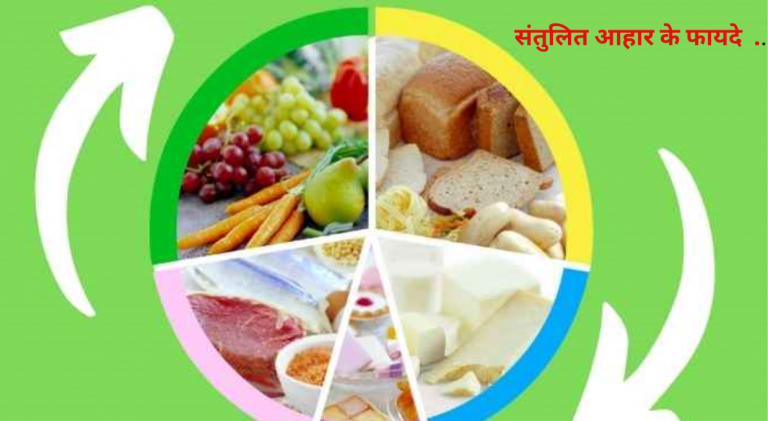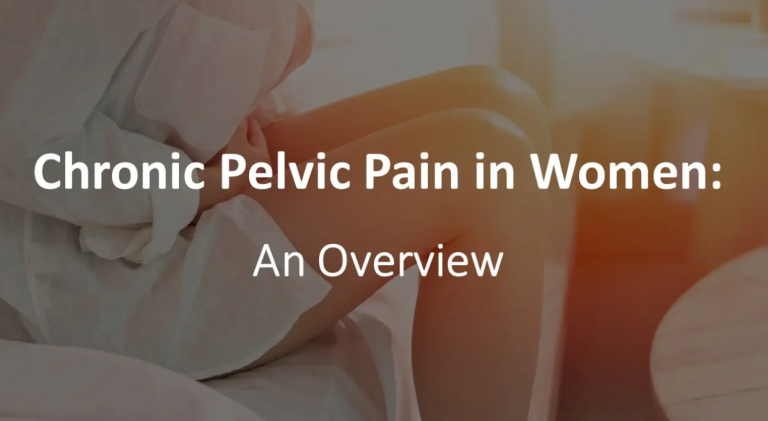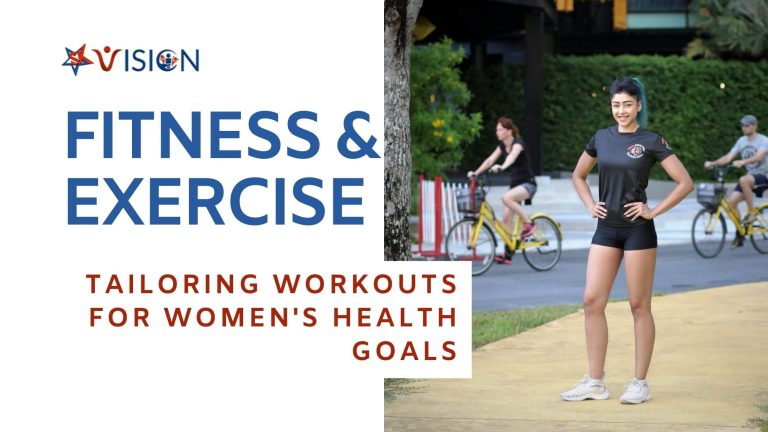Introduction:
In day-to-day life, women have to do many things. While juggling family and work, they cannot follow their dietary needs. As a result, they suffer from poor health and face many problems. Through learning information and realizing the significance of optimal health, women can make efforts to lead healthy lives.
Women should understand the value of their food intake. They need more vitamins and minerals than men. Because of issues like osteoporosis, weak bones, and anaemia due to hormonal changes caused by menstruation and childbearing, women need more iron, calcium, magnesium, vitamin D and vitamin B9.
Women’s health is different from men :
Because men have higher levels of testosterone than women, they are likely to have larger bodies and more muscle mass.
So, men require more calories to maintain the same weight as women. Men therefore require higher level of different nutrients including water, calories, fibre, omega-3 fatty acids etc.
Significance of nutrition in women’s health :
Nutritious food is essential for the treatment of several illnesses, including cancer, PCOD and PCOS.
There are some ways to understand how nutrition affects women’s health:
Hormonal imbalance:
It is very common for women to experience hormonal changes in their day-to-day lives. Hormonal changes take place within women’s bodies during menstruation, pregnancy, menopause, and even in daily life. Women who follow a balanced diet experience fewer symptoms like mood swings, premenstrual syndrome, and menopausal discomforts.
Improve mental health:
Mental and physical well-being are intimately linked. Among the most important nutrients for women are iron, magnesium, and B vitamins, omega-3 fatty acids. These nutrients also have a significant effect on mental health and mood. Nuts, seeds, and seafood all include omega-3 fatty acids, which are among the nutrients that are known to improve brain health and may be effective in the treatment of depression and anxiety.
Improve maternal health :
As we know, women’s lives are full of stress and during pregnancy or menopausal time, it goes the worst. During pregnancy, it is very important to have a balanced diet. Fetal development depends on nutrients like folic acid, iron, etc. Iron helps to avoid anaemia. While menopausal and postmenopausal women go through many physical and emotional issues. A proper diet helps to deal with these issues.
Bones strength :
Compared to men, women generally have weaker bones. Vitamin D and calcium are essential for women to preserve their bone strength, especially after menopause. To make their bones strong, women should take a balanced diet. Proper exercise with a proper diet can lower bone-related disorders and fractures and make the bones healthy and strong.
Prevent chronic diseases :
A balanced diet can protect the body from many chronic diseases like diabetes, heart disease, and some types of cancers. A diet high in fruits, vegetables, whole grains and low-processed food can lower the risk of chronic illness. In some hospitals, while patients are going through diet therapy, they are provided customized food to fit the females.

Essential nutrition for women:
As compared to men, women need more nutrition because of their body needs. It is important to know which kind of nutrition is essential for women.
Here we are going to discuss the nutrition that is required for a female body:
Zinc :
Zinc is very essential element for immune function. It prevents Blood clots, Thyroid issues, healing of wounds, etc. It is also important during pregnancy. it helps in fetal development during pregnancy.
A deficiency of zinc causes several changes in the body’s function reproductive system, ovarian function, hormonal function, etc.
An adult female requires 8 milligrams s zinc daily while during pregnancy it requires 10-11 milligrams of zinc. Anyone fulfils their zinc requirements by having beans, nuts, chickpeas, kidney beans, etc. Oyster, red meat, and poultry is also a great source of zinc.
Omega 3:
Omega-3 fatty acids are essential for heart health because they lower the risk of heart disease, which is the most common cause of mortality for women.
They may also help treat depression and have an impact on brain function. Walnuts, chia seeds, flax seeds, and fatty seafood like salmon are good sources of omega-3 fatty acids.
Calcium :
As bones weaken, mood disorders like irritability, anxiety, depression, and sleeplessness can result from a calcium deficit. Magnesium and vitamin D are the essential elements needed to improve calcium absorption. Nuts like walnuts, lentils, and veggies like broccoli are excellent sources of calcium.
Iron:
The percentage of women with low iron is between fifty and sixty percent. The symptoms of iron deficiency are fatigue, a lack of interest, and a lack of energy for work. Females between the ages of 19 and 49 required iron at 14.8 mg per day and for women over 50, 8.7 mg per day.
Plant foods such as beans, dals, almonds, raisins, figs, and green leafy vegetables; for non-vegetarians, seafood, chicken, and meat, particularly liver, are good sources of iron. The body does not absorb iron from plant foods the same way it does from animal ones.
Vitamin -D:
Vitamin D is very essential for our body. It plays a crucial role in maintaining hormonal balance, and it interacts with your immune system, reproductive system, and many other hormones.
Vitamin D is also important for muscle health, mood swings, calcium absorption and bone health.
Although sunlight is the main source of vitamin D, places where sun exposure is less can fulfill their requirements through different food intakes.
Foods that contain vitamin D are:
Mushrooms, egg yolks, fatty fish, and fortified foods (including milk and some cereals) are good sources of vitamin D.
Vitamin A:
Vitamin A is a water-soluble vitamin. It’s naturally present in many foods. Vitamin A helps to improve the immunity system, vision, reproduction system, growth, and development. It also helps our lungs, heart, and other organs work properly.
Deficiency of vitamin A results in high rates of infection, infertility, trouble conceiving, diarrhea, measles, etc. The lack of vitamin A also causes dry, itchy skin and delayed growth and development in children.
Protein:
Protein plays an important role in one’s healthy diet and immune system. Protein is very important for growth, development, and repairing cells. Protein deficiency can cause a weaker immune system. It can also cause swelling, stunted growth, bone and muscle loss, and skin and hair changes.
Women’s daily requirement of protein is about 0.8 g of protein per kg of body weight. It reached highs, especially during pregnancy and breastfeeding. By including protein-rich foods in a daily routine, one can improve their protein intake. Good sources of protein-rich food are dairy products, beans and legumes, eggs, vegetables, fish, meat, etc.
Tips to improve nutrition for women:
One can improve their daily intake of protein by following a daily routine. Eating some kind of protein in every meal is a way to help you intake more protein. replacing traditional breakfast food like cereal with eggs and consuming high-protein snacks like cottage cheese, almonds and edamame.

There are a few steps that can be followed:
- Begin your meals with starchy carbohydrates, which have more fiber.
- Take a lot of vegetables and fruits.
- Consume no more than 6 grams of salt every day for adults.
- Increase your fish consumption, especially some oily fish.
- Reduce your intake of sugar and saturated fat.
- Exercise and maintain a healthy weight.
- Avoid being thirsty.
- Never miss breakfast.
Conclusion:
Women’s requirements for nutrition are higher for women than for men.
Hormone balancing can be improved by eating a diet full of vitamins and minerals that are well-balanced.
It can improve menstrual cycles, fertility and menopause symptoms. A nutritious diet containing calcium and vitamin D is essential for maintaining bone health and lowering the risk of osteoporosis.




